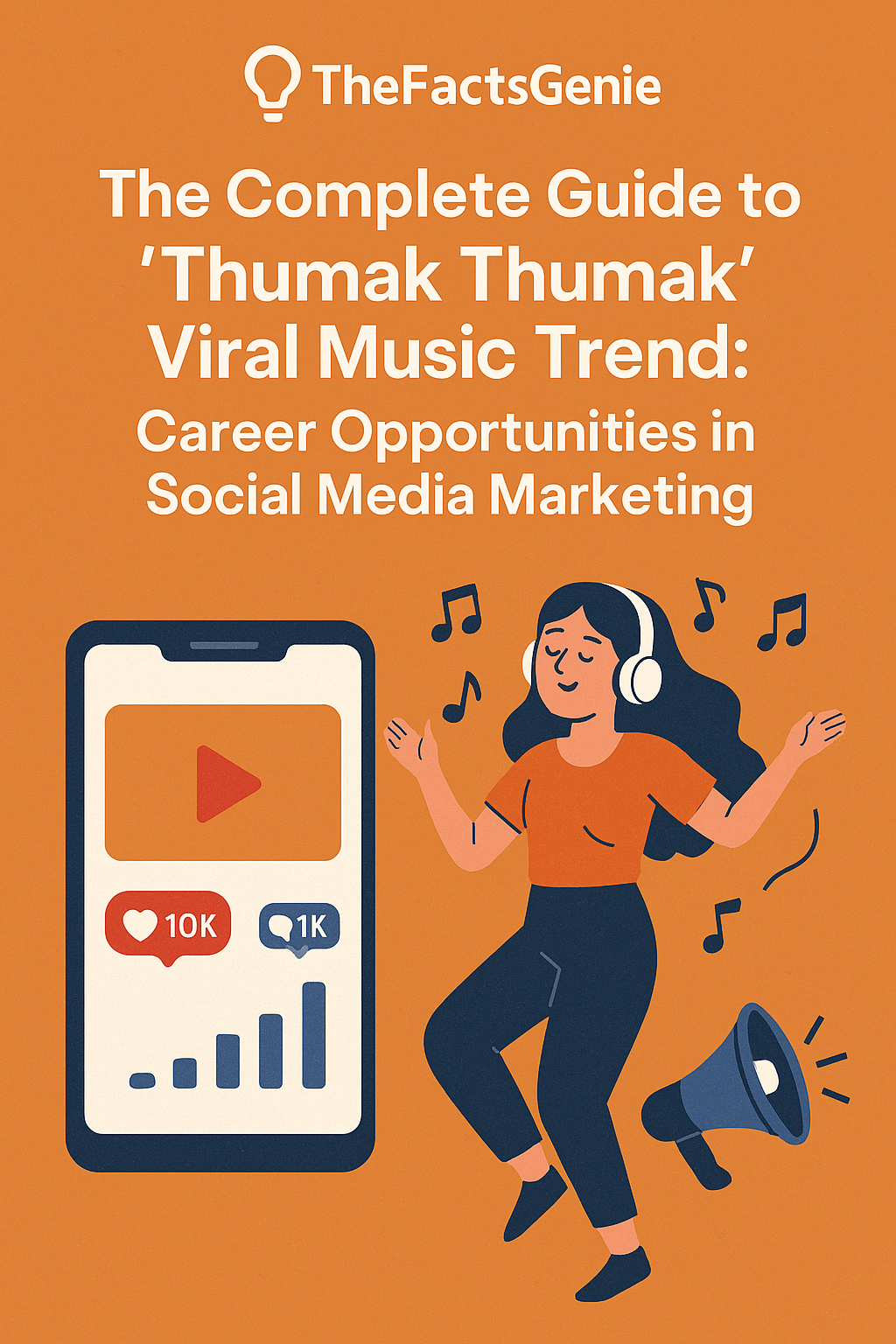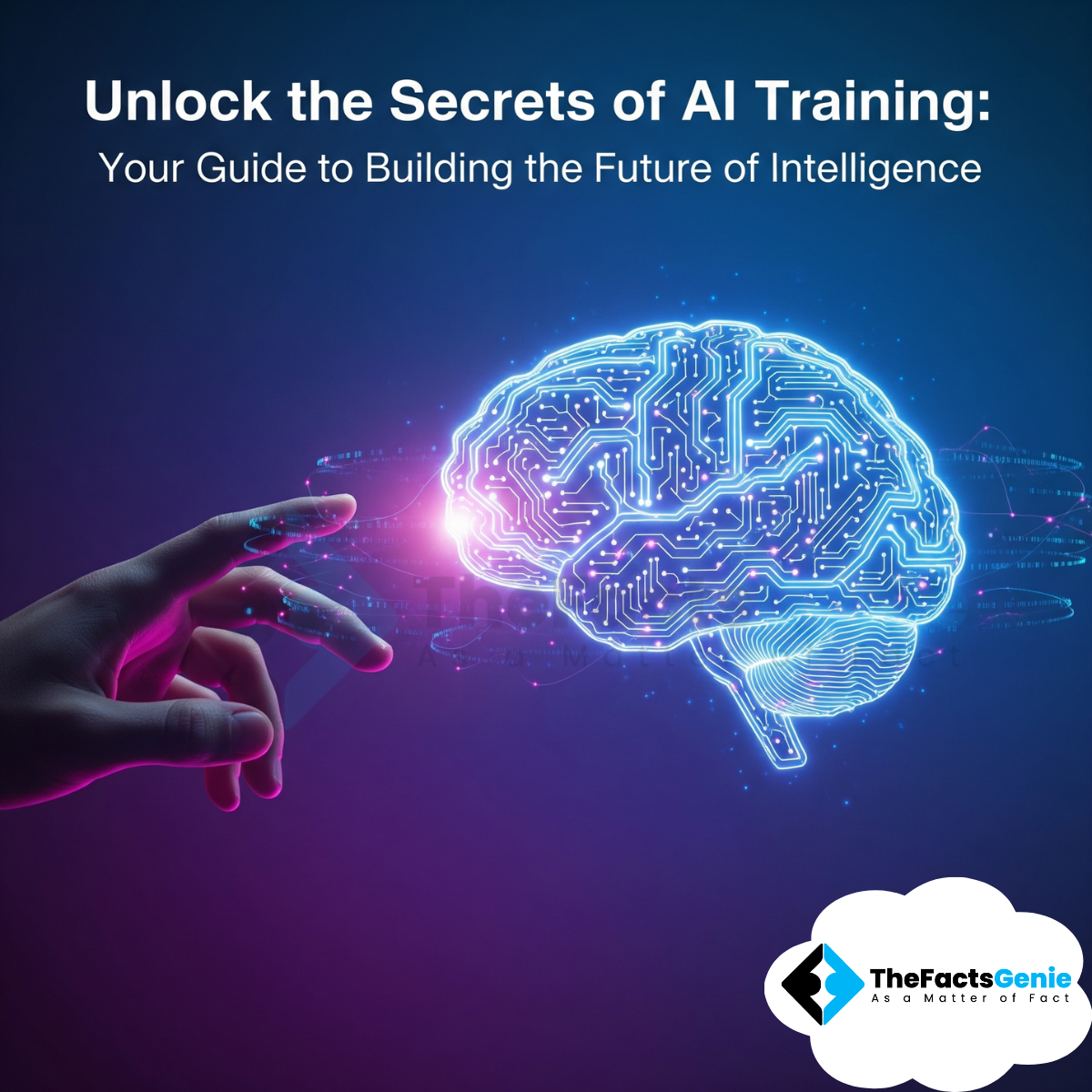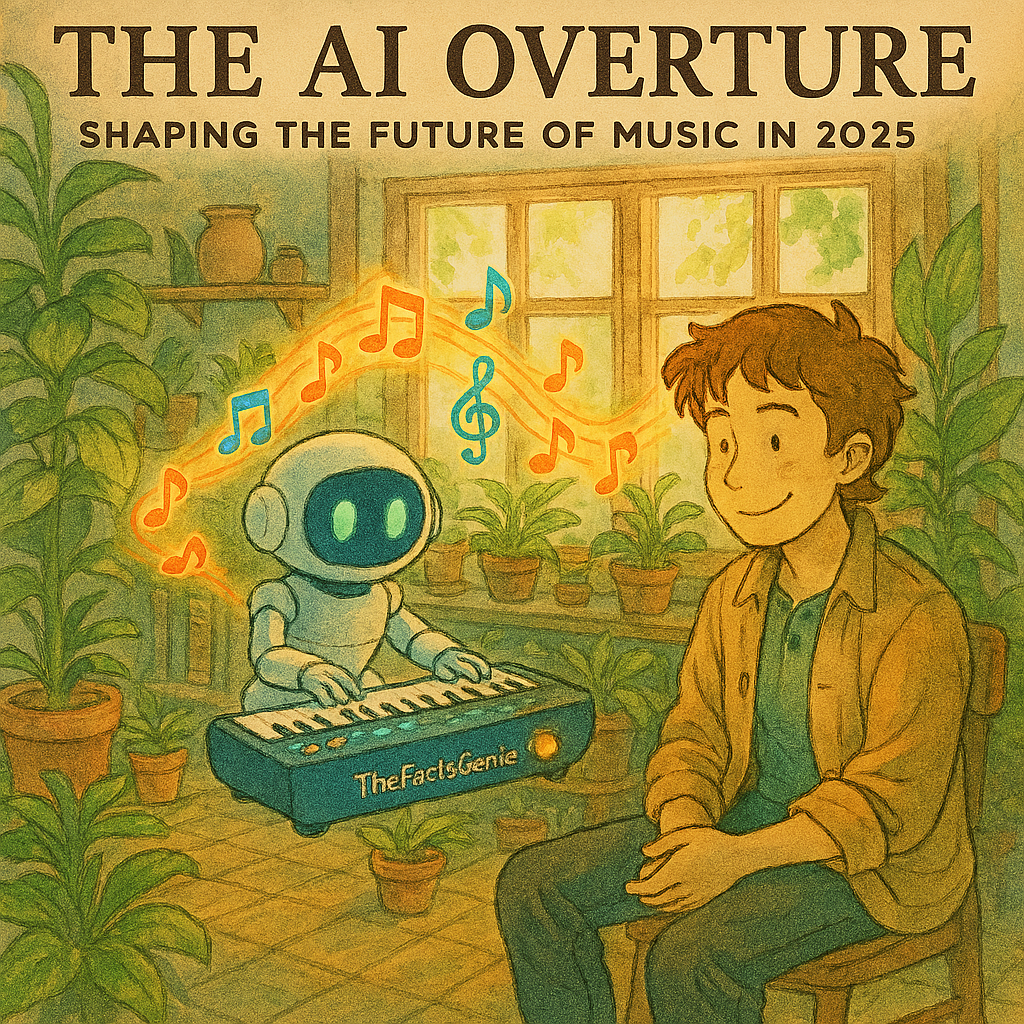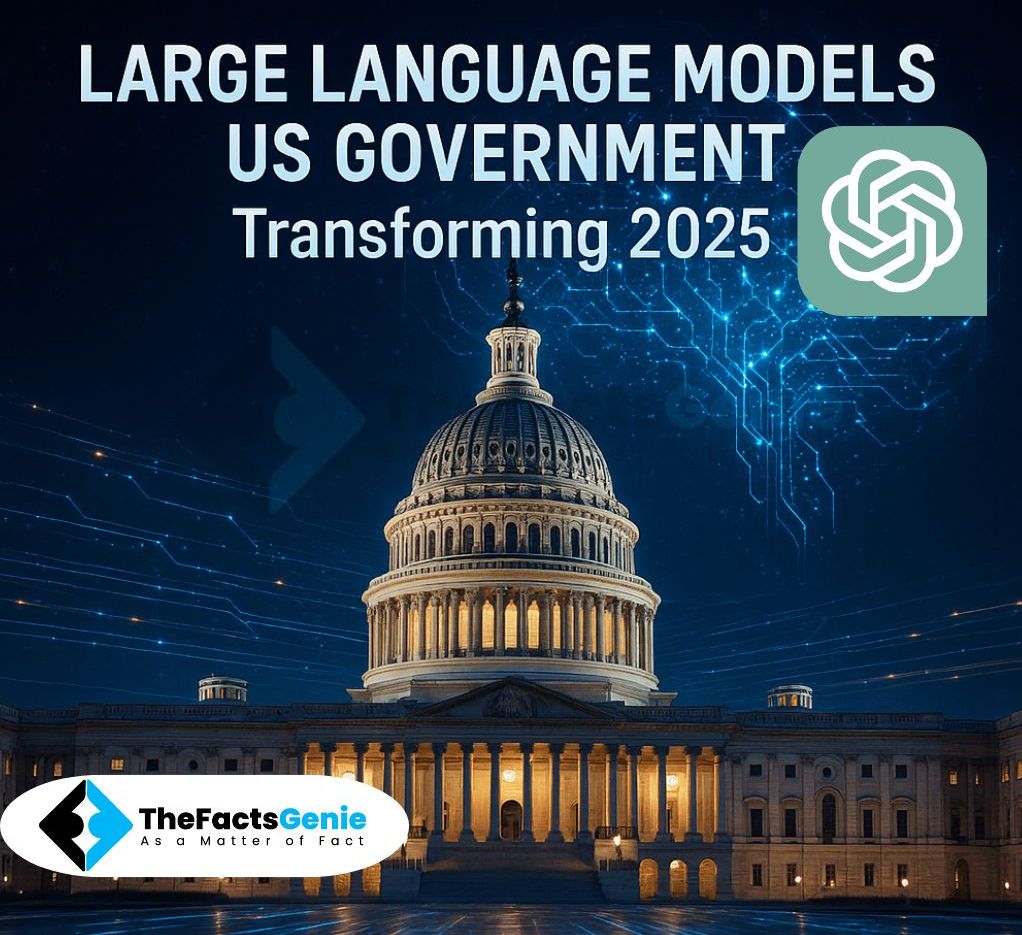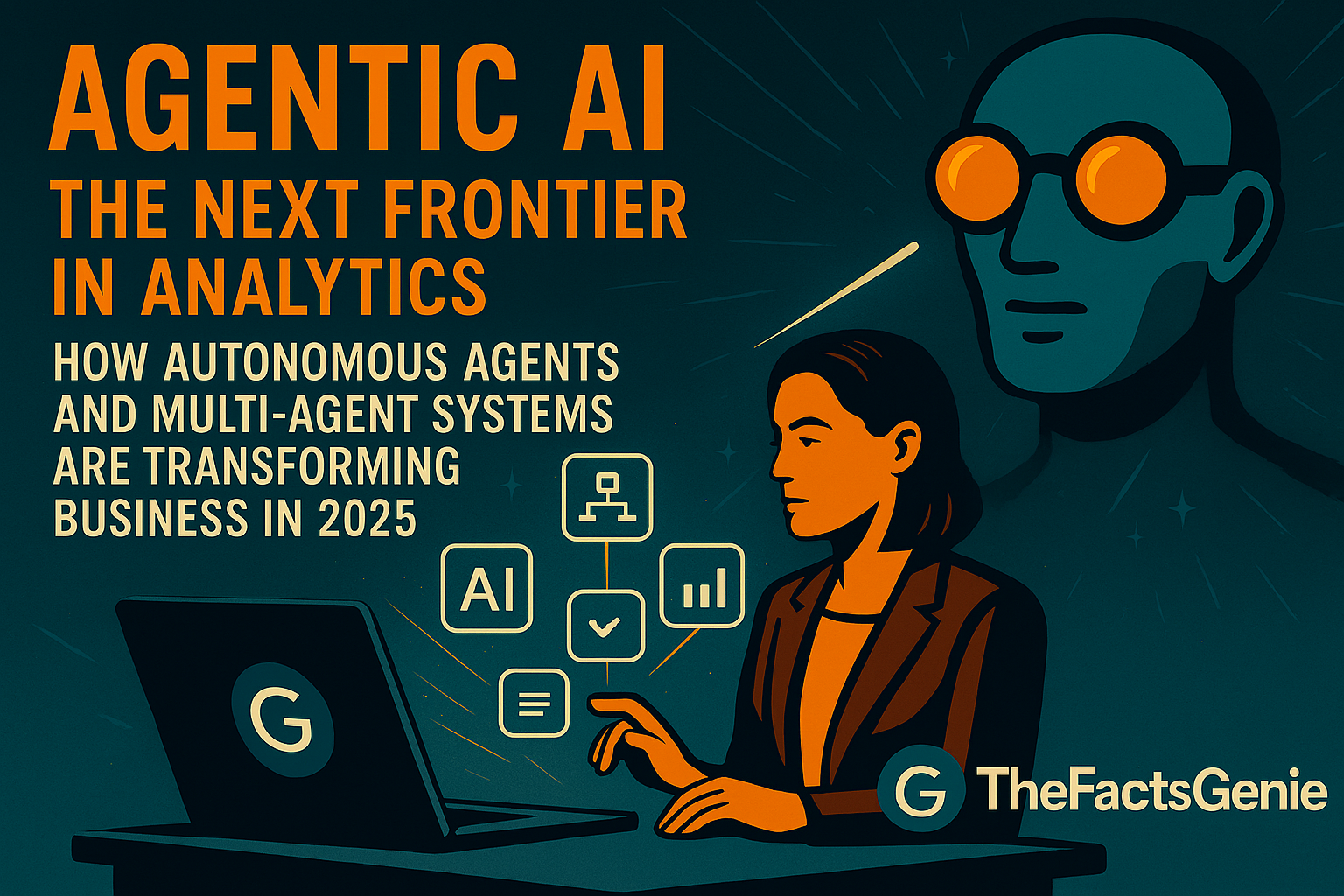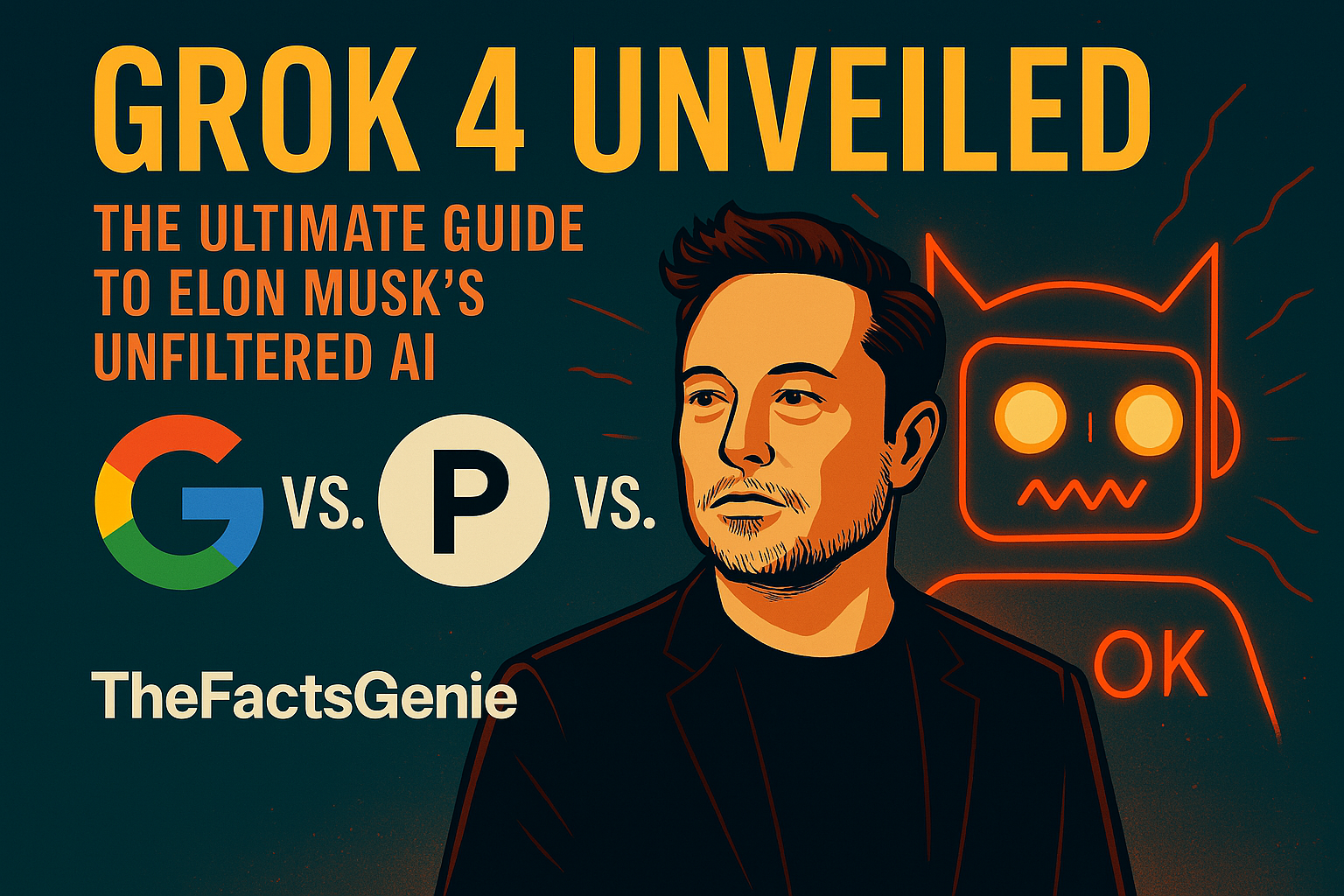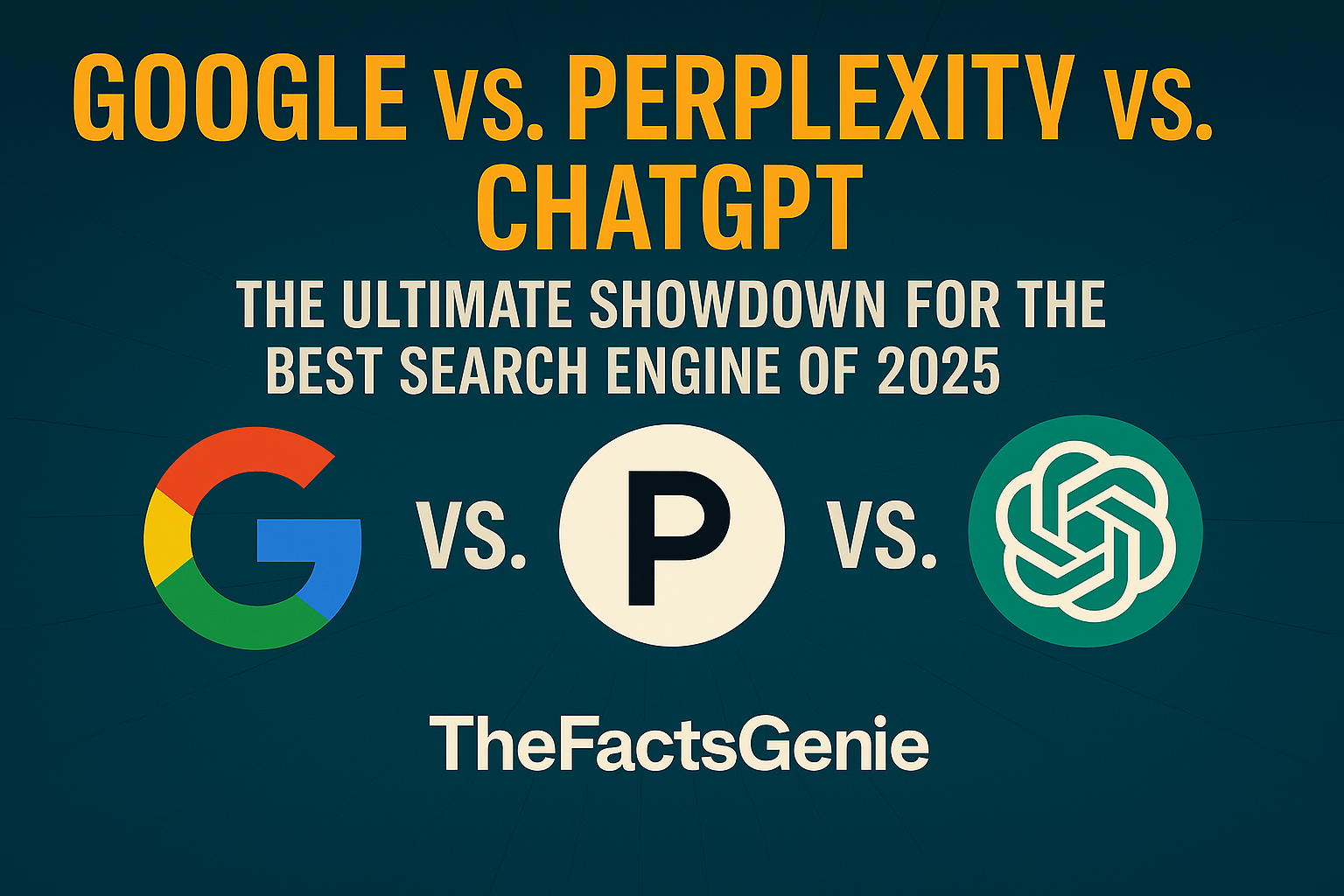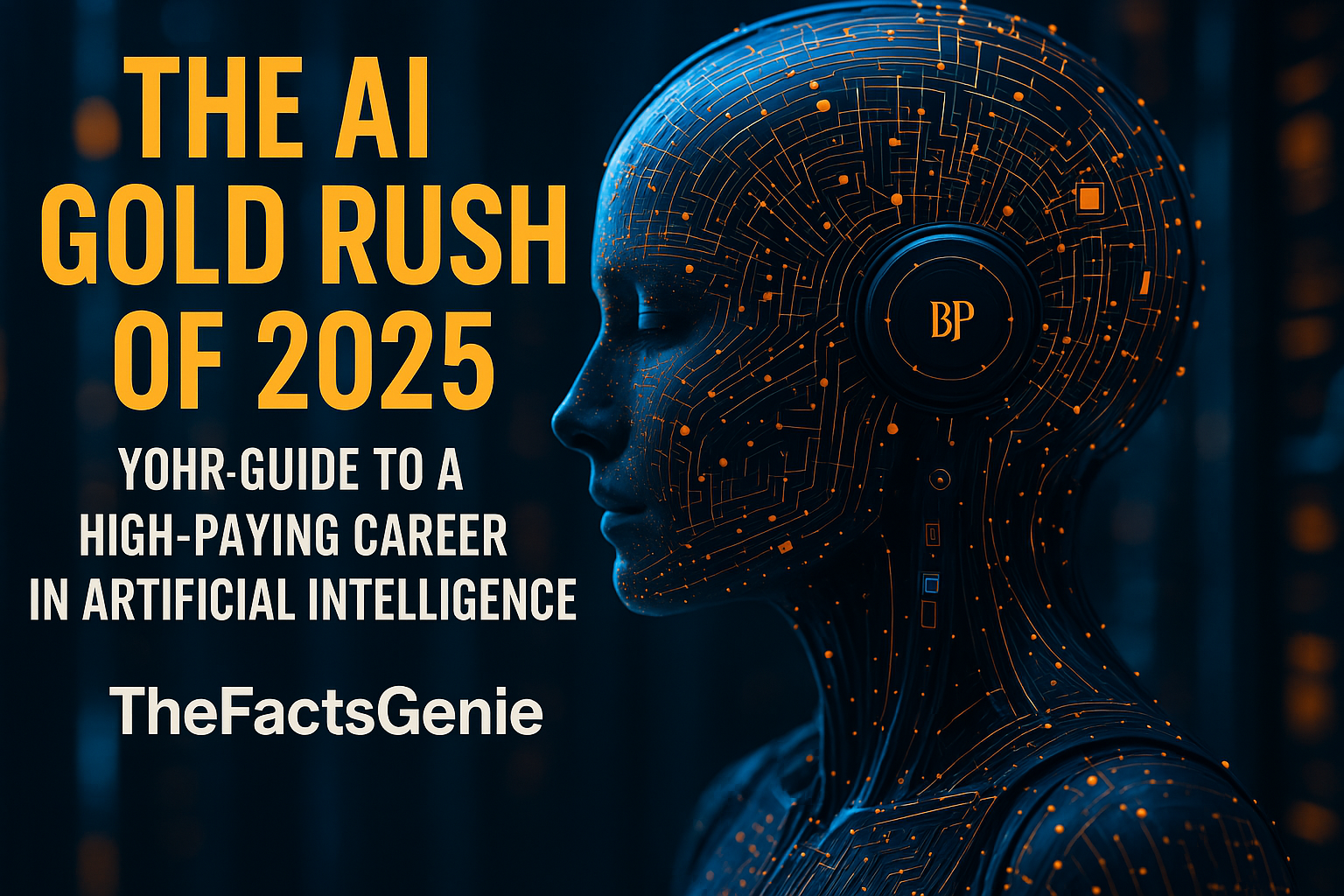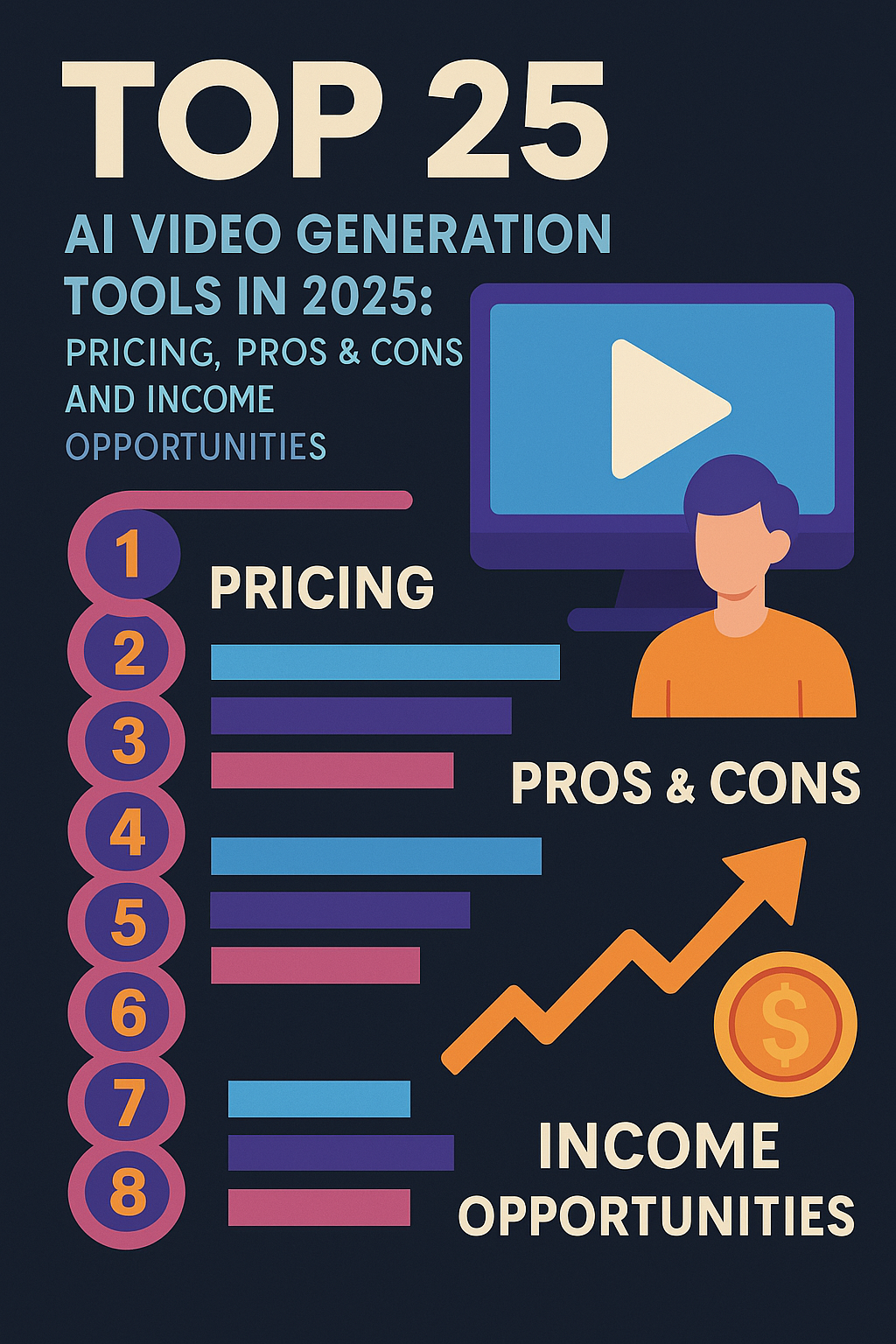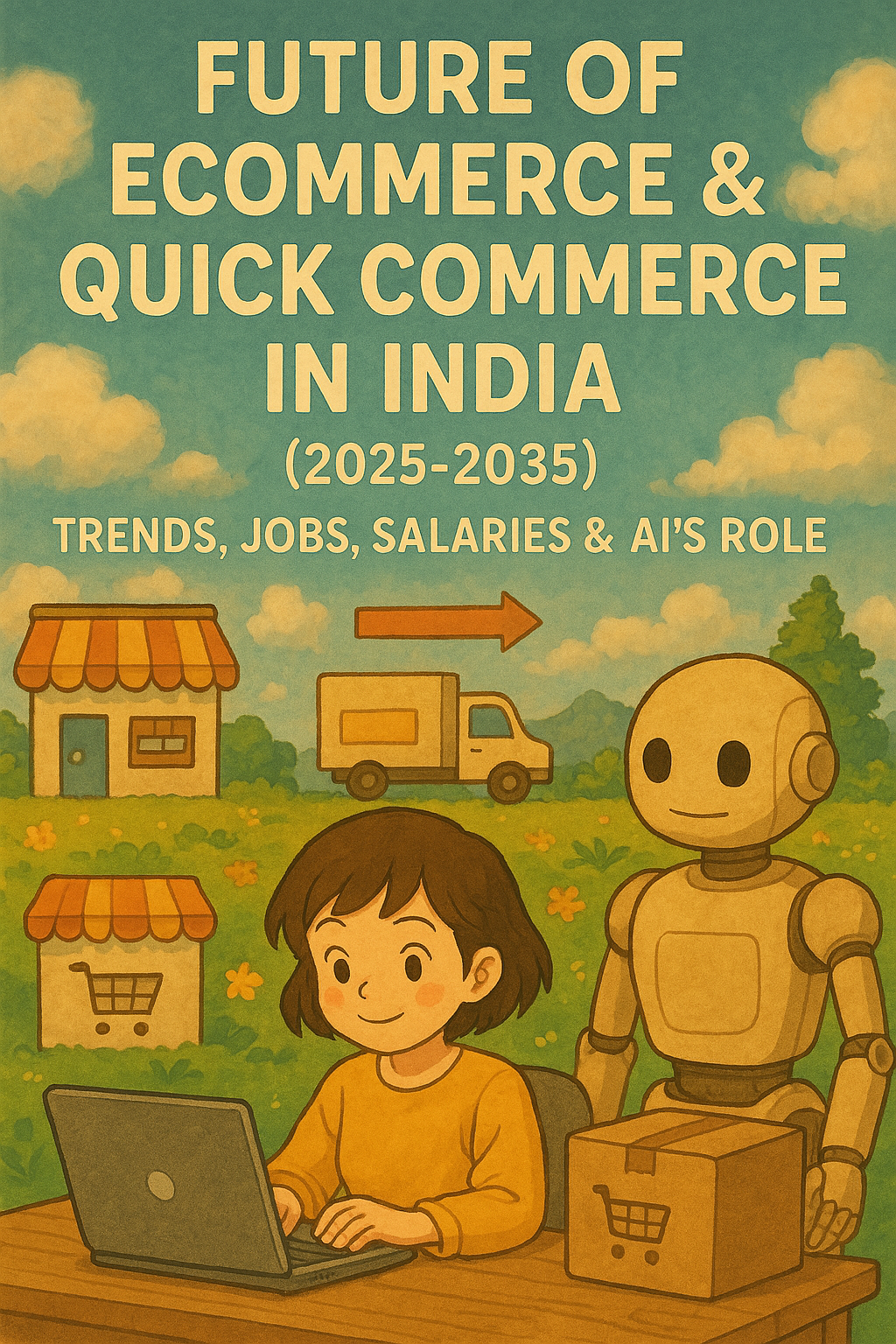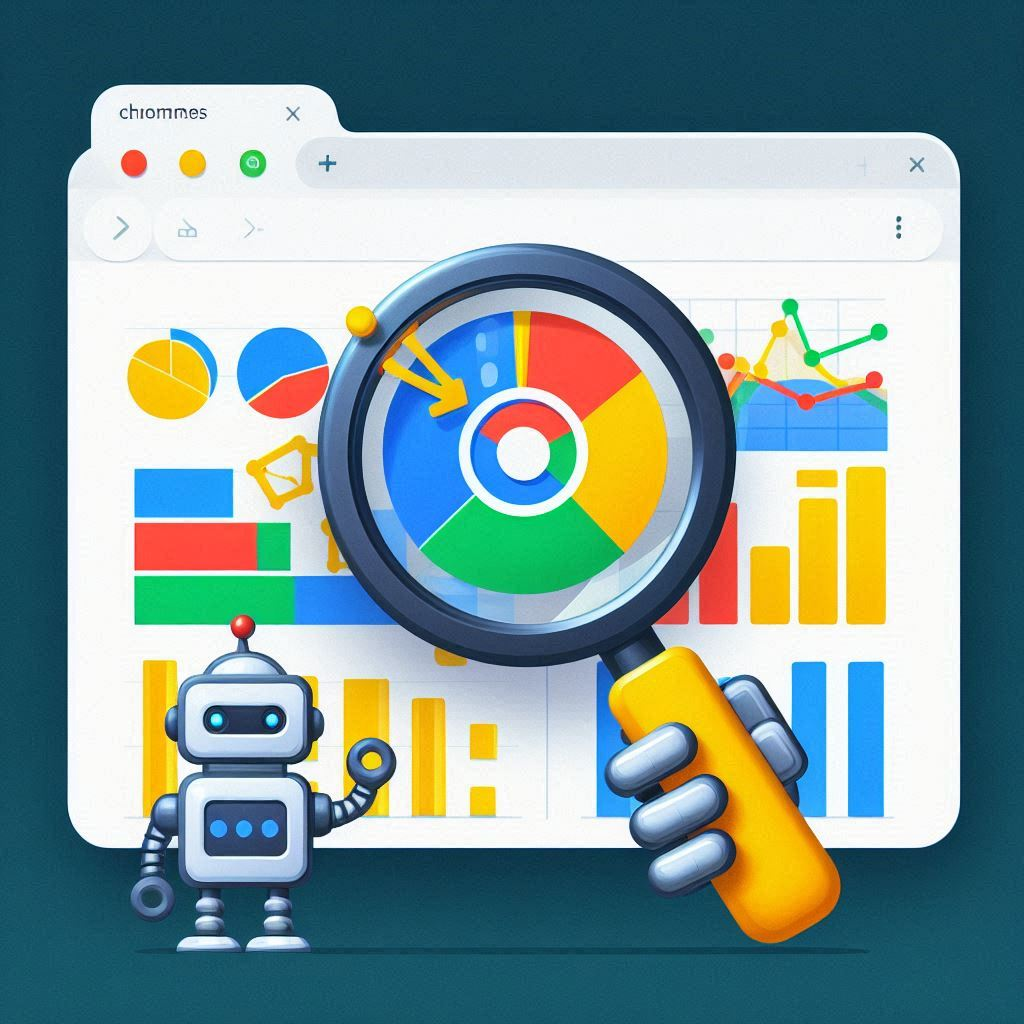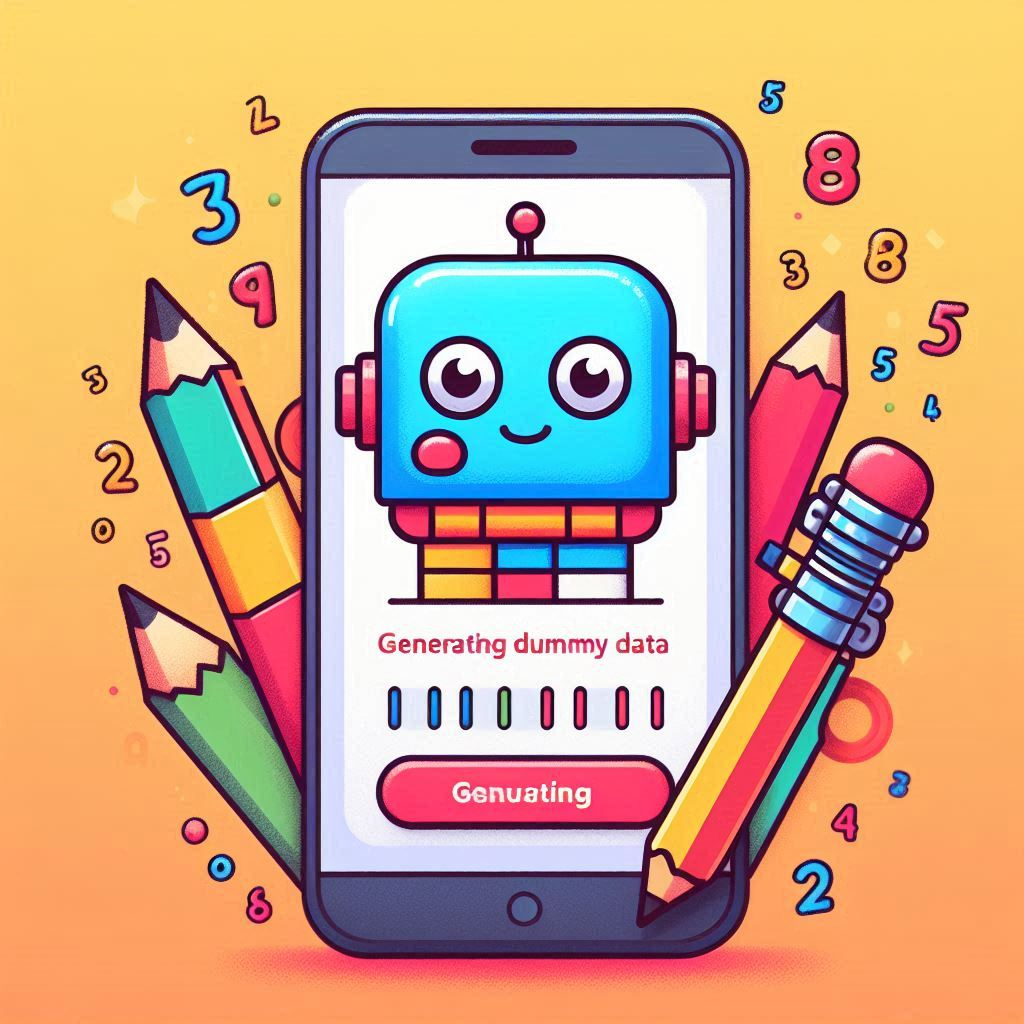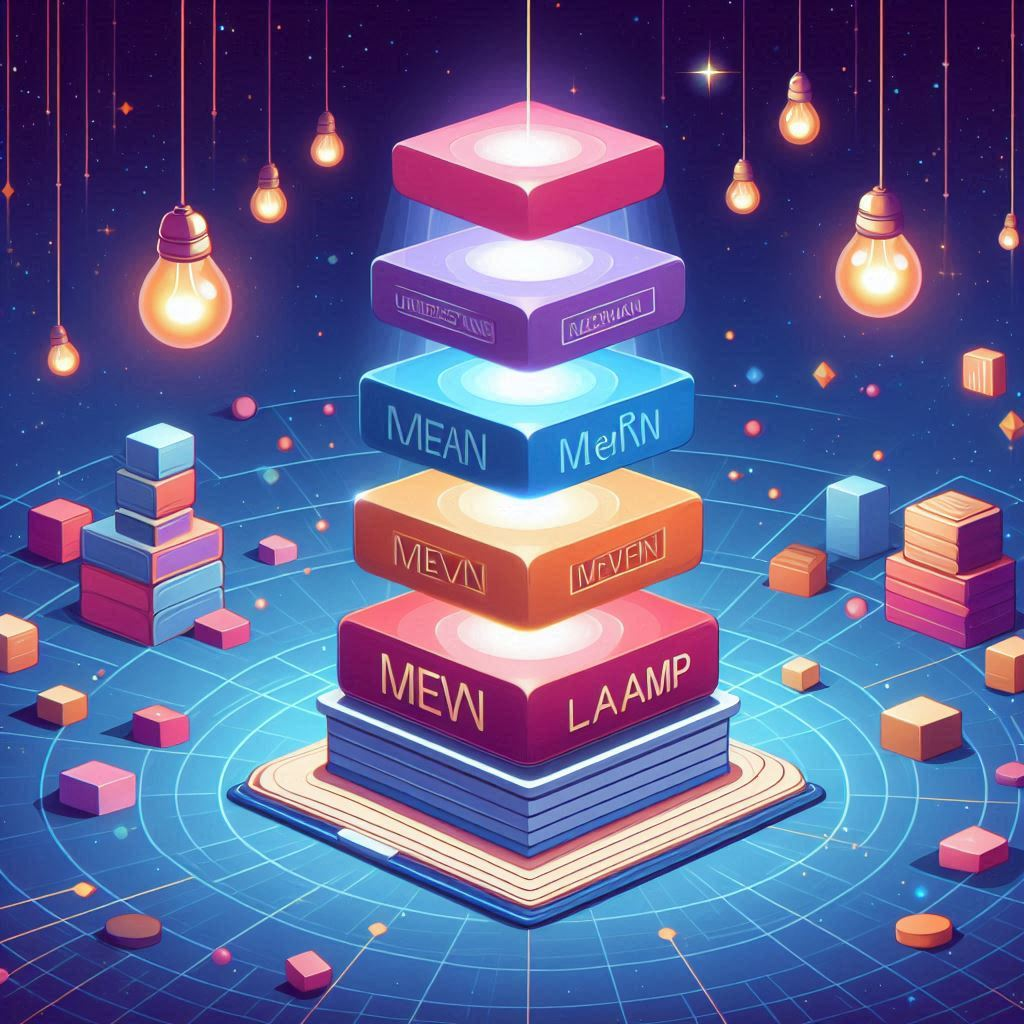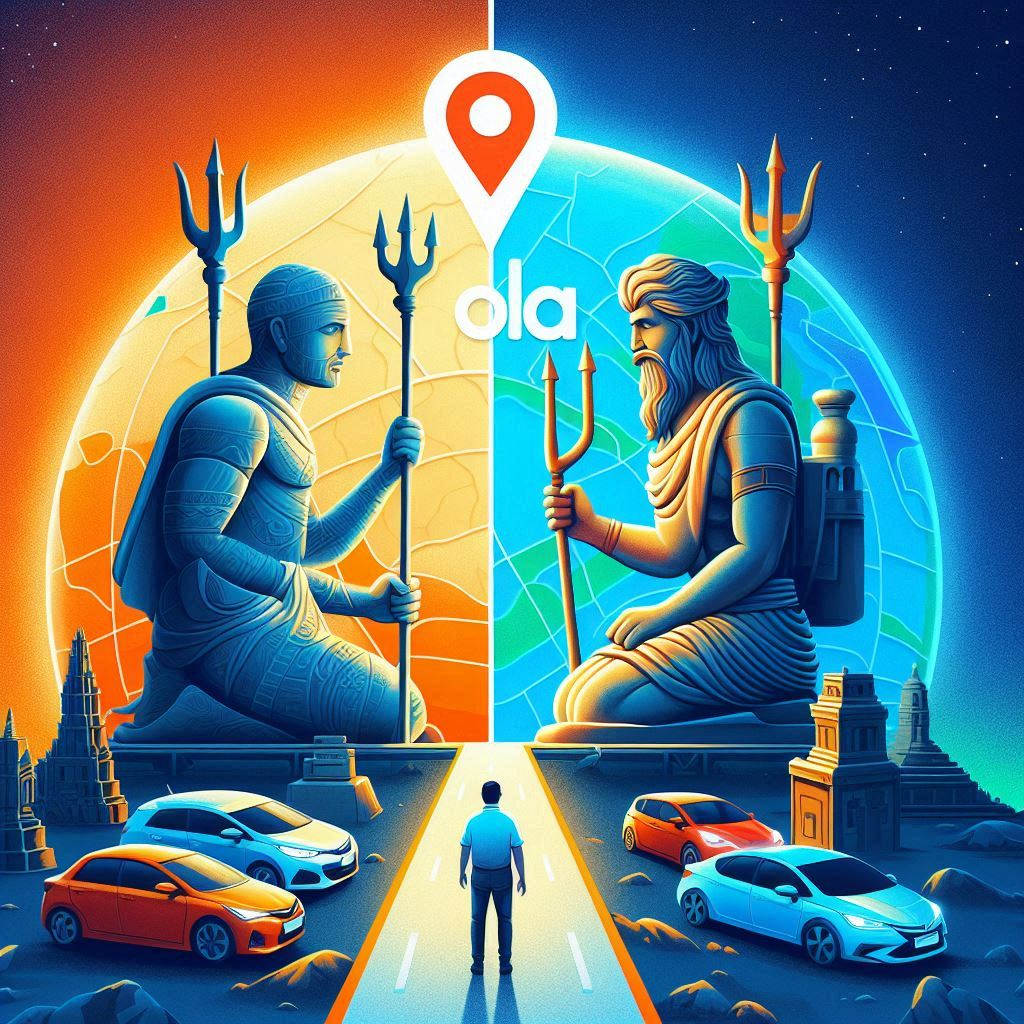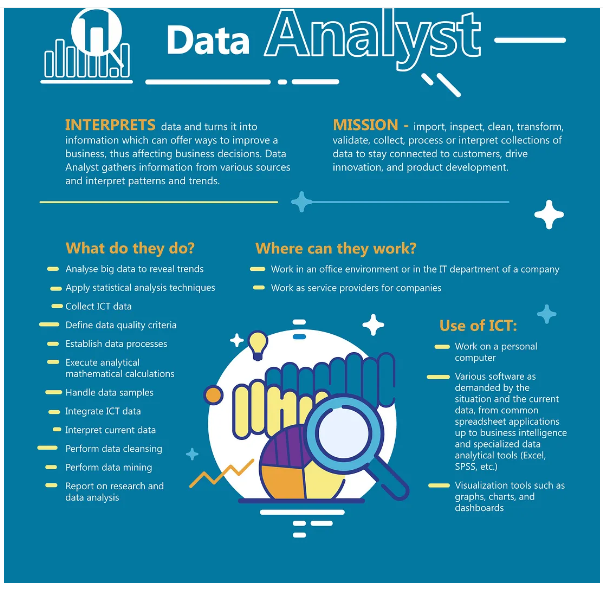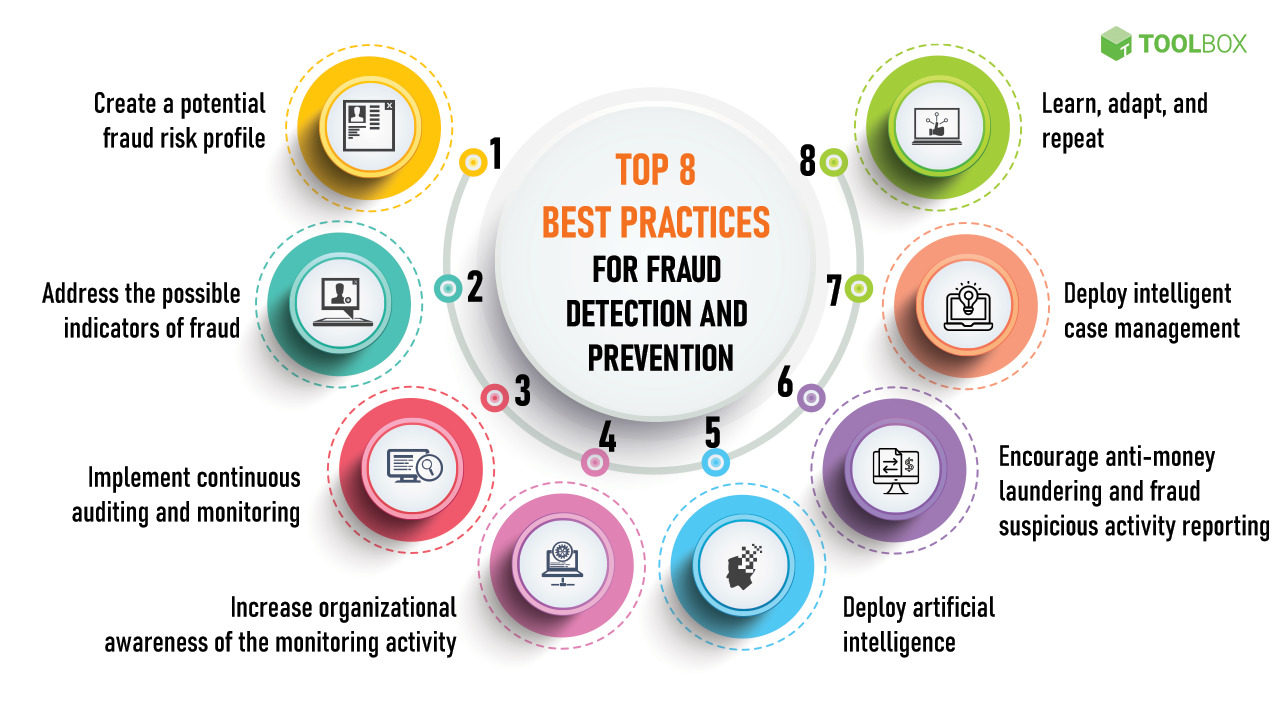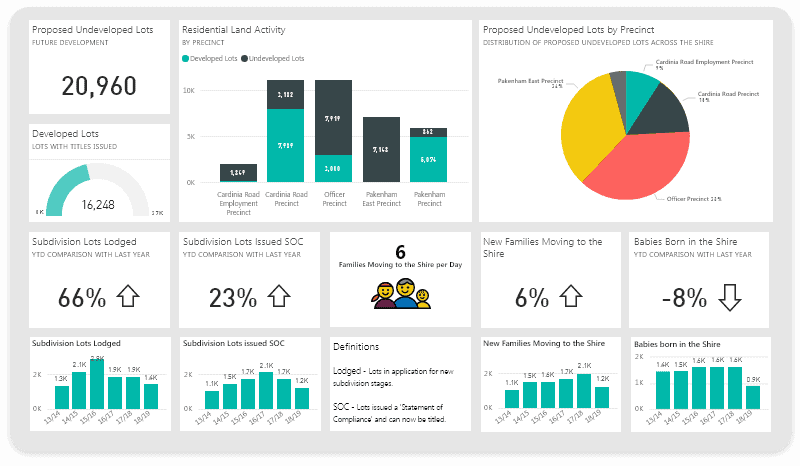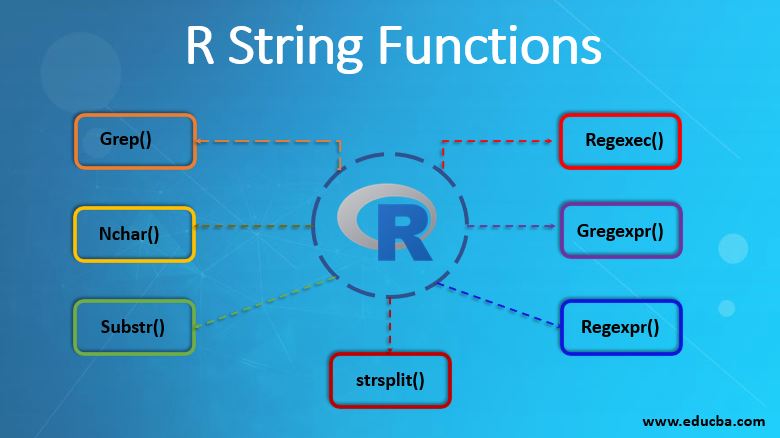
Introduction
GitHub Spark, In the ever-evolving landscape of software development, a seismic shift is underway. It’s not just a new framework or language. It’s a fundamental change in how we create, collaborate, and innovate. We’re calling it “GitHub Spark”—the electrifying fusion of GitHub’s world-leading development platform with the sheer power of generative AI, spearheaded by tools like GitHub Copilot Pro. As we stand in 2025, one thing is clear: this isn’t a future trend to watch; it’s the present reality you must master. This guide is your comprehensive map to navigating this new world, from understanding its core meaning to building a thriving career within it…
1. Meaning
“GitHub Spark” refers to the new paradigm of software development where GitHub’s ecosystem is supercharged by AI tools like Copilot Pro. It’s the “spark” of accelerated innovation, productivity, and learning that emerges from this human-AI collaboration.
2. Description
This concept describes a development workflow where AI is no longer just a tool but an active partner. GitHub Copilot Pro acts as an advanced pair programmer directly within the developer’s editor, suggesting entire functions, writing tests, explaining complex code, and even helping with terminal commands. This integration within the GitHub platform (which manages repositories, actions, and projects) creates a seamless, intelligent, and highly efficient development lifecycle.
3. Importance
The importance of this trend is monumental. It fundamentally changes the Software Development Life Cycle (SDLC) by:
- Accelerating development: Drastically reducing the time from idea to deployment.
- Lowering barriers to entry: Helping new developers tackle complex problems.
- Democratizing knowledge: Making advanced coding patterns and solutions accessible to all.
- Shifting focus: Allowing developers to concentrate on high-level architecture and problem-solving instead of boilerplate code.
4. Benefits
- Enhanced Productivity: Write code significantly faster with intelligent, context-aware suggestions.
- Improved Code Quality: Get suggestions based on best practices from billions of lines of open-source code.
- Faster Learning: Understand new languages, frameworks, or legacy codebases by asking Copilot to explain them in natural language.
- Reduced Mental Load: Automate repetitive coding tasks, freeing up cognitive resources for creative problem-solving.
5. Advantages
- Competitive Edge: Developers and companies that master AI-assisted workflows can build and iterate faster than their competitors.
- Seamless Integration: Copilot Pro is deeply integrated into the developer’s primary environment (like VS Code) and the broader GitHub ecosystem.
- Contextual Awareness: The AI understands the entire project’s context, providing more relevant suggestions than simple autocomplete tools.
6. Disadvantages
- Cost: GitHub Copilot Pro is a subscription-based service, adding to a developer’s or company’s overhead.
- Potential for Errors: The AI can sometimes generate code that is subtly flawed, insecure, or inefficient, requiring careful human review.
- Over-reliance: Developers might become too dependent on the AI, potentially weakening their fundamental problem-solving and coding skills.
7. Pros & Cons
- Pros: Massive speed increase, enhanced learning, better focus on logic, access to vast coding knowledge.
- Cons: Subscription cost, risk of introducing bugs, potential skill atrophy, ethical concerns about code ownership.
8. Why to Study
Studying and mastering this workflow is crucial for career relevance. AI-assisted development is not a passing fad; it is the future standard. Ignoring it would be like a writer refusing to use a word processor. It’s about future-proofing your skills and staying competitive in the job market.
9. How to Study
- Master the Fundamentals: Strengthen your knowledge of core programming concepts, data structures, and algorithms.
- Get Hands-On: Subscribe to GitHub Copilot Pro. Use it in your daily coding tasks and personal projects.
- Learn to Prompt: Treat the AI like a junior developer. Learn how to write clear comments and code stubs to guide it toward the best solutions.
- Critically Review: Don’t blindly accept suggestions. Analyze, understand, and test the code it generates. This is a critical learning step.
- Build Projects: Create a project from scratch using Copilot Pro as your assistant. A good example is building a full-stack web application.
10. Who Can Study
Anyone involved in the tech industry can and should study this:
- Students and Aspiring Developers
- Junior, Mid-level, and Senior Software Engineers
- DevOps and SRE Professionals
- Data Scientists and Analysts
- Technical Project Managers
11. Eligibility
There are no formal eligibility criteria. However, a foundational understanding of at least one programming language (e.g., Python, JavaScript, Java) is essential to use the tool effectively and critically evaluate its output.
12. How a Fresher Can Achieve a Career in this
- Build a Stellar GitHub Profile: Your GitHub profile is your new resume. Create projects that showcase your skills.
- Use Copilot in Your Projects: Explicitly mention in your project’s
README.mdfile how you leveraged AI tools like Copilot to accelerate development or learn a new technology. - Contribute to Open Source: Use Copilot to help you understand large codebases and make meaningful contributions.
- Highlight AI Skills: On your resume and in interviews, talk about your experience with AI pair programming. Frame it as a productivity-enhancing skill.
13. What Certifications are Needed
As of 2025, there isn’t a specific, official “GitHub Copilot Pro” certification. However, the most relevant certifications are from GitHub itself:
- GitHub Foundations Certification
- GitHub Actions Certification
- GitHub Advanced Security Certification
- GitHub Administration Certification
Mastering these proves your expertise in the GitHub ecosystem where Copilot operates.
14. How to Get Certified with Respective Hyperlinks
You can find all official GitHub Certifications and prepare for them through their official portal. While a direct “Copilot” certification may not exist, proficiency is demonstrated through these.
- Main Certification Page: GitHub Certifications
15. Scope
The scope is vast and expanding. It touches every aspect of software creation, from web and mobile development to data science, game development, and embedded systems. The skill is domain-agnostic and will soon be a baseline expectation for any competent developer.
16. Future of This
The future points towards more autonomous AI agents. We’ll likely see the evolution from “Copilot” to “Auto-Engineer,” where AI can take on larger tasks, like building an entire feature from a high-level description, fixing complex bug chains, and optimizing entire systems autonomously, with human oversight.
17. Salary Structure in India (as per experience)
Note: These are 2025 estimates in INR per annum. Having proven AI-assisted development skills can place you at the higher end of these brackets.
- Fresher (0-1 year): ₹6,00,000 to ₹12,00,000
- Mid-Level (2-5 years): ₹12,00,000 to ₹25,00,000+
- Senior/Lead (5+ years): ₹25,00,000 to ₹60,00,000+
18. Salary Structure Abroad (as per experience)
Note: These are 2025 estimates in USD per annum for markets like the US and Western Europe.
- Fresher (0-1 year): $90,000 to $130,000
- Mid-Level (2-5 years): $130,000 to $200,000+
- Senior/Lead (5+ years): $200,000 to $350,000+
19. Final Decision/Verdict
Embracing the “GitHub Spark” and mastering tools like Copilot Pro is not optional, but essential for a thriving career in technology. It’s a transformative shift that boosts productivity and innovation. While it requires critical thinking and a commitment to fundamentals, the advantages far outweigh the drawbacks. Verdict: Adopt and adapt, or risk being left behind.
20. SWOT Analysis
- Strengths: Unprecedented productivity boost, accelerated learning curve, democratized access to coding patterns, seamless integration into existing workflows.
- Weaknesses: Subscription cost, potential for generating incorrect/insecure code, risk of skill degradation if used passively, requires an internet connection.
- Opportunities: Huge demand for AI-proficient developers, enables creation of more complex software faster, potential for new roles (e.g., AI Development Orchestrator), opens up coding to a wider audience.
- Threats: Job market disruption for entry-level roles focused on boilerplate code, ethical/legal challenges regarding code ownership and licensing, security risks if AI-generated code is not properly vetted.
21. Advice
Use Copilot Pro as a lever, not a crutch. Let it handle the repetitive work so you can focus on architecture, logic, and creativity. Always question, review, and understand the code it generates. Your fundamental knowledge is the bedrock; AI is the power tool you use to build upon it.
22. Why This is a Craze
It’s a craze because it delivers on a long-standing promise of technology: a genuine, significant, and immediately noticeable productivity multiplier. The experience of seeing complex code appear instantly feels like magic and fundamentally changes the creative process for developers, making it more fluid and less tedious.
23. Any Health Obligations
The health obligations are similar to any desk-based computer job but can be amplified:
- Physical: Risk of Repetitive Strain Injury (RSI), eye strain, and issues from a sedentary lifestyle. Regular breaks and ergonomic setups are crucial.
- Mental: Potential for burnout due to an “always-on” accelerated pace. Also, a new form of imposter syndrome can arise, where one might feel their accomplishments are due to the AI, not themselves.
24. Where Can I See Myself After Five Years in This Career
After five years of mastering AI-assisted development, you could be:
- A Lead Engineer or Architect designing complex systems, using AI to prototype and build foundational components at lightning speed.
- An AI Integration Specialist, helping teams adopt and optimize their use of AI development tools.
- A Senior Developer operating at a 10x productivity level, contributing high-impact features and mentoring others.
- Moving into Product Management, using your deep technical understanding to define the next generation of AI-powered developer tools.
25. How Can I Prepare for This
- Solidify CS Fundamentals: This is non-negotiable.
- Become a GitHub Power User: Master Git, GitHub Actions, and project boards.
- Daily Practice with Copilot Pro: Integrate it into every coding session.
- Build a Portfolio: Create 2-3 significant projects that heavily utilized AI assistance and document the process.
- Stay Updated: Follow the GitHub blog, AI research papers, and tech news to understand where the technology is heading.
26. Suggestions
Start with a small, well-defined project. Don’t try to build a massive application on day one. Use Copilot to refactor old code, write documentation, or generate unit tests. These are excellent, lower-risk ways to get comfortable with the workflow.
27. Any Other Opinions
A key opinion is that this trend will bifurcate the developer market. There will be developers who can effectively leverage AI to become “10x engineers,” and those who can’t will struggle to compete. The value is not in writing code, but in solving problems. AI just becomes the primary interface for translating solutions into code.
28. If I Am Fit and Qualified, How to Apply for This Job?
You don’t apply for a “GitHub Copilot Pro job.” You apply for software development roles and demonstrate this as a key skill.
- Do not look for specific email IDs. Professional companies do not accept applications this way.
- How to Apply:
- Target Companies: Identify tech-forward companies (see list below).
- Use Official Career Portals: Find the “Careers” section on their websites and apply directly.
- Leverage LinkedIn: Connect with recruiters and employees at your target companies. Share your AI-assisted projects on your feed.
- Networking: Attend tech meetups and conferences.
29. Companies That Will Offer Jobs
Virtually all modern tech companies will value these skills.
- In India:
- Product Companies: Google, Microsoft, Amazon, Atlassian, Adobe, Intuit, Salesforce, Flipkart, Swiggy, Zomato.
- IT Services & Consulting: TCS, Infosys, Wipro, HCL, Accenture, Capgemini (especially in their digital transformation wings).
- Startups: Any well-funded startup in the SaaS, FinTech, or AI space.
- Abroad:
- Big Tech (MANGA+): Meta, Apple, Netflix, Google, Amazon, Microsoft.
- AI Leaders: OpenAI, Anthropic, NVIDIA.
- Innovative Tech Firms: Stripe, Shopify, Spotify, Palantir, Tesla.
- Finance: Major investment banks and hedge funds (e.g., Goldman Sachs, Jane Street).
30. Parameters Comparison
31. Any Other Analysis Which You Can
This represents a fundamental abstraction layer in programming.
- Level 1: Machine Code
- Level 2: Assembly Language
- Level 3: Compiled Languages (C++, Java)
- Level 4: Interpreted Languages (Python, JS) & Frameworks
- Level 5 (Current Shift): Natural Language / High-Level Intent (AI-Assisted Development)
Developers are increasingly defining what they want, and the AI is handling the how of writing the code. This is a profound shift in the nature of technical work.
32. Fundamental Analysis
The fundamental value is a massive ROI in developer time. A developer’s salary is a company’s investment. If a $20/month tool (Copilot Pro) can make a developer earning thousands per month even 20-30% more efficient, the investment is overwhelmingly positive. This strong economic driver is why adoption is so rapid and its future is secure.
33. Technical Analysis
Technically, Copilot Pro is powered by a large language model (LLM), likely a fine-tuned version of OpenAI’s GPT models. It works by sending the context of your current file and other open tabs to the model, which then predicts the most likely continuation of your code. Its “technical prowess” lies in the quality of its training data (billions of lines of code from GitHub) and the sophistication of the model’s architecture.
34. Ethical Considerations
- Code Authorship & Licensing: The AI is trained on public code, including code with restrictive licenses (like GPL). This creates a legal grey area. Is the output a derivative work? GitHub has stated it’s fair use, but this is still being debated.
- Security: The AI can reproduce vulnerable coding patterns found in its training data. A developer must have the security knowledge to catch these flaws.
- Deskilling: Over-reliance could lead to a generation of developers who can prompt an AI but can’t solve problems from first principles when the AI fails.
- Bias: The AI may reproduce biases present in its training data, leading to non-inclusive or biased code logic.
Disclaimer & Caution Notice
⚠️ The information provided is for educational and illustrative purposes only, based on trends and data available up to July 2025. “GitHub Spark” is a conceptual term used for this analysis and not an official product. Salary figures are estimates and can vary widely based on location, company, skill, and negotiation. Technology, certifications, and the job market are subject to rapid change. Always conduct your own research and due diligence before making career decisions.
For “GitHub Spark 2025: Is Copilot Pro Your Key to Unlocking the Future of Code?”
This content is intended for educational and informational purposes only. It aims to inform digital media consumers about the possibilities, benefits, and risks of AI code assistants in 2025. The analysis is based on publicly available information, current industry trends, and projections, and is not a substitute for professional advice regarding programming, software development, or technology implementation.
Please Note:
-
Not Endorsed or Guaranteed:
The Author/Nagendra Prasad Krishnam/ www.TheFactsGenie.com/ Our Associates/Team are not responsible for actions, decisions, outcomes, or consequences arising from the use of this information. -
Rapidly Evolving Technology:
AI code assistants and related tools are advancing rapidly. Features, risks, and best practices may change after publication.
Evaluate the recency and relevance of all discussed tools before applying them. -
No Tool is Infallible:
While AI code assistants can enhance productivity, they are not flawless. Review and test all AI-generated code thoroughly. Apply your own technical judgment, especially for security, accuracy, and reliability. -
User Responsibility:
Always validate AI code suggestions for context, compatibility, and compliance with your organizational or project requirements. Human oversight remains critical. -
Security and Privacy:
AI tools might introduce vulnerabilities or inadvertently expose private or proprietary data. Exercise caution when integrating with production or sensitive systems. -
No Legal or Professional Advice:
This content is not intended as legal, security, software engineering, or compliance advice. For specific questions about data privacy, intellectual property, or contractual obligations, consult a qualified professional. -
Context Matters:
Always consider the date, author, and technological environment when interpreting or applying any information herein.
By using this guide, you agree to accept full responsibility for any outcomes associated with your software development decisions, learning processes, or further actions based on the information provided above.





